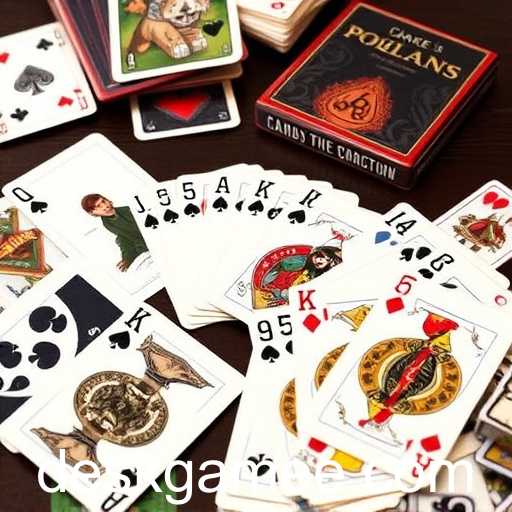In recent years, the world of desk games has undergone a significant transformation. As we advance further into the digital age of 2025, there is renewed interest in traditional desk games, fueled by advancements in technology and a growing desire for hybrid gaming experiences. This resurgence is not only bringing old classics back to life but also reshaping how these games are perceived and played.
The term 'desk game' has evolved beyond its original connotation of traditional board and card games played on a physical surface. Today, it encompasses a vast array of gaming experiences that blend physical interaction with digital enhancements. This shift is driven by technological advancements such as augmented reality (AR) and mobile integration, which allow players to enjoy richer, more interactive experiences without losing the tactile satisfaction of physical game pieces.
One of the key dynamics influencing the popularity of desk games is the rise of interest in hybrid games. These games leverage both physical components and digital overlays to create more immersive experiences. They are particularly appealing to a generation that values both nostalgia and modernity, blending the old-school charm of desk games with cutting-edge technology. This trend is evident in the launch of various successful Kickstarter projects that feature AR integration or app-driven gameplay, illustrating a sustained appetite for innovation within this space.
Commentary from industry experts suggests that this trend towards hybrid gaming solutions is set to continue as the technology becomes more accessible and affordable. Furthermore, the social aspect of desk games is gaining prominence. In an increasingly connected yet physically isolated world, these games provide an opportunity for face-to-face interaction, whether through traditional gatherings or digital meetups facilitated by online platforms.
As desk games regain their popularity, they also serve as a testament to the enduring appeal of tactile, in-person gaming experiences. On websites dedicated to these games, such as popular English platforms, there is a noticeable increase in both user engagement and the diversity of games on offer. This reflects a broader gaming culture that values inclusivity, accessibility, and the blend of traditional and novel experiences.
Looking ahead, the continued fusion of digital and physical realms promises even more exciting developments for desk games. As players increasingly seek multifaceted experiences, the industry is poised to innovate further, ensuring that desk games remain a cherished part of leisure and social activities in this ever-evolving landscape.








